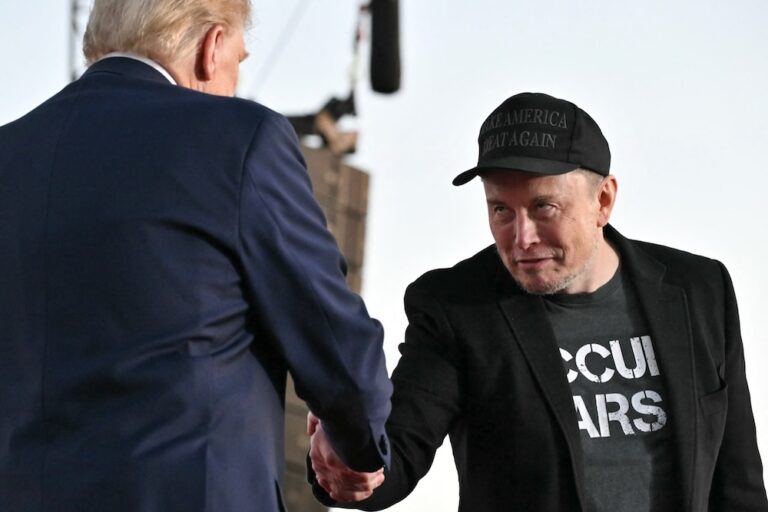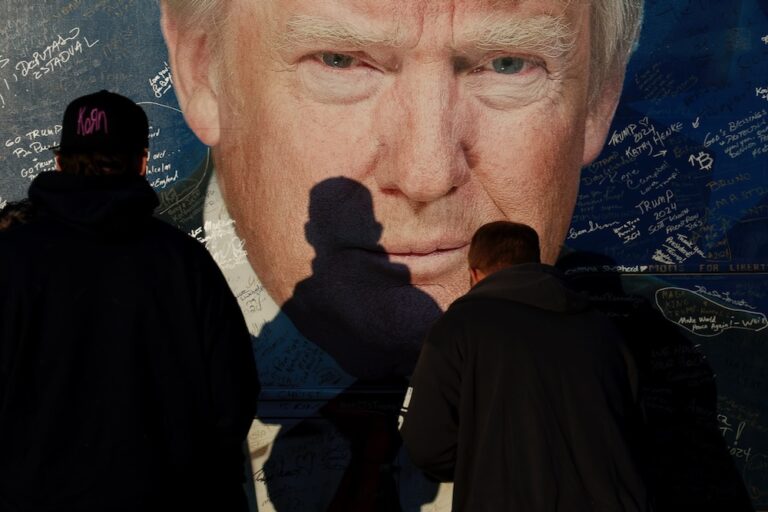(CPJ/IFEX) – On 16 December 1997, the Committee to Protect Journalists (CPJ) urged President Bill Clinton to stress the United States’ concerns about the lack of press freedom in Turkey in his meeting with Prime Minister Mezut Yilmaz on 18 December. “We want Turkey to live up to the long-term promises it made to CPJ […]
(CPJ/IFEX) – On 16 December 1997, the Committee to Protect
Journalists (CPJ) urged President Bill Clinton to stress the
United States’ concerns about the lack of press freedom in Turkey
in his meeting with Prime Minister Mezut Yilmaz on 18 December.
“We want Turkey to live up to the long-term promises it made to
CPJ and the Turkish press in Ankara last summer to provide a
broad amnesty for all jailed journalists and a comprehensive
reform of the laws under which they are being criminalized,” said
CPJ Vice Chairman Terry Anderson. “President Clinton must be
forceful in emphasizing with the prime minister that it is the
belief of the U.S. government that a free and independent press
is essential to the functioning of a democracy.”
Research carried out by CPJ in October showed that at least 40
journalists then remained in prison in Turkey, more than in any
other country. CPJ is now working with other international press
freedom organizations and with the leading journalist
associations in Turkey to compile a complete and thoroughly
documented list of imprisoned journalists as of the end of this
year. These findings will be presented to Turkish authorities by
CPJ and other organizations in early 1998.
A CPJ delegation led by Anderson met with the newly installed
Yilmaz government in Ankara in July. Yilmaz promised the group,
which included leaders of other international press freedom
organizations, to work for an amnesty for all jailed journalists
and a comprehensive reform of provisions of the Anti-Terror Law
and Penal Code that permitted their prosecution. He also pledged
to support a limited amnesty for several imprisoned newspaper
editors. As a result, Ocak Isik Yurtcu, a CPJ 1996 International
Press Freedom Award winner, and five other editors were freed in
August.
The Turkish Prime Minister’s arrival in the United States for
four days of meetings in New York and Washington comes on the
heels of the rebuff of Turkey’s bid to join the European Union
and its decision to forge a stronger strategic alliance with the
U.S.
Yilmaz was reportedly preparing to unveil a reform initiative on
10 December, the anniversary of the Universal Declaration of
Human Rights, but it failed to materialize. Unconfirmed initial
reports indicate that the new legislation may still ban so-called
“separatist propaganda” – a code term for reporting on Turkey’s
conflict with Kurdish insurgents.
Said William A. Orme, Jr., CPJ’s executive director: “The
release this past summer of the six imprisoned newspaper editors
was a positive first step, and we hope and expect that Prime
Minister Yilmaz will fulfil his promises to undertake lasting
reforms. President Clinton should reinforce the message that
Turkey’s prestige and image abroad will grow in proportion to its
growth as a free and open democratic society.”


